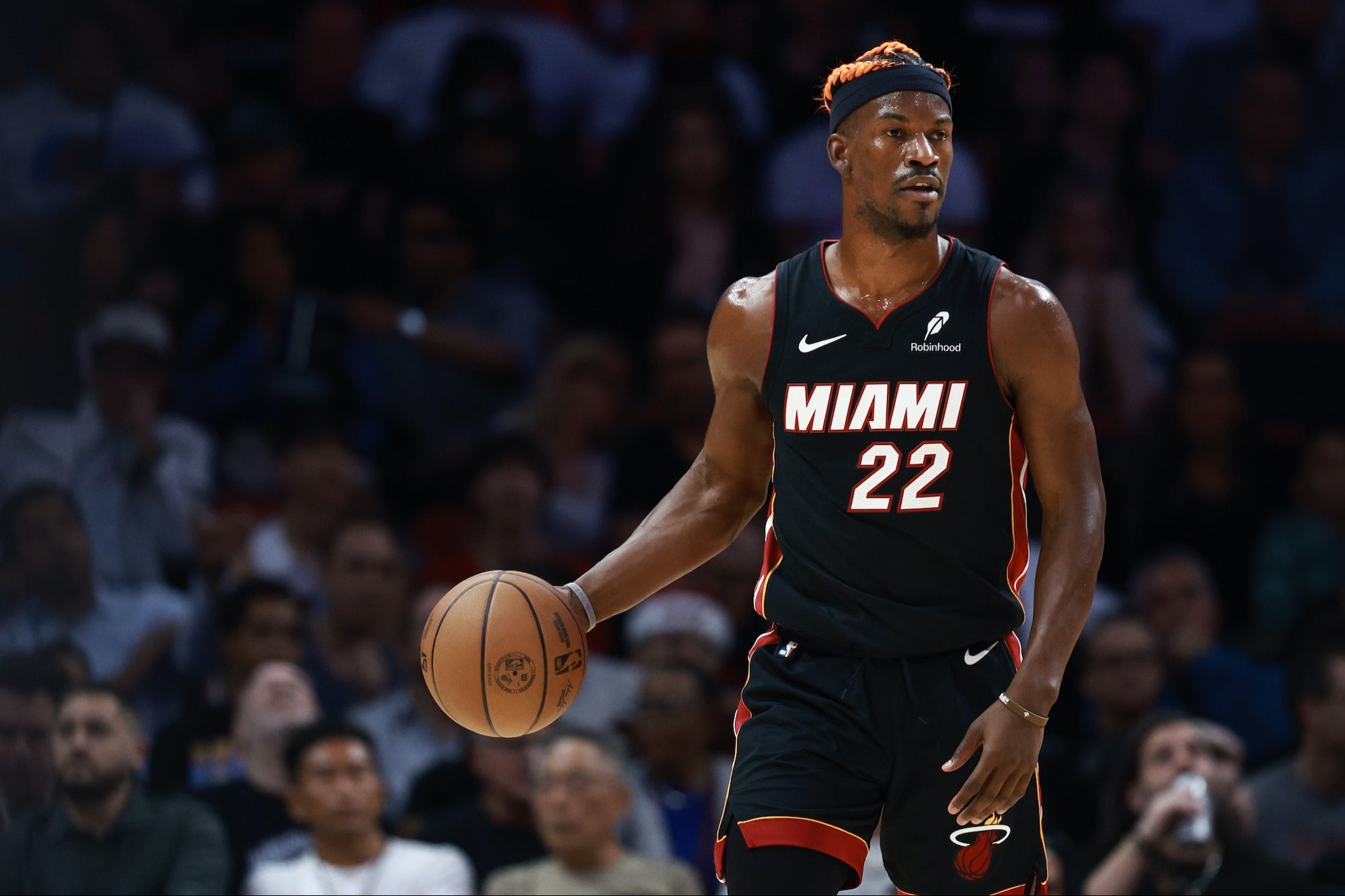#RIPTwitter: 6 Lessons for Every Startup Just a couple of years ago, everyone though Twitter would be the next Facebook. Then everything went to hell.
By Steve Tobak Edited by Dan Bova
Opinions expressed by Entrepreneur contributors are their own.

Just a couple of years ago, tech pundits thought Twitter could be the next Facebook. The real-time news site's 2013 initial public offering priced at $26 a share and soared more than 70 percent to close near $45 on the first day of trading. The company's market value would peak at about $40 billion before the year was out.
It's been all downhill ever since.
Beyond a core group of social-media enthusiasts, the media, celebrities and their followers, Twitter never managed to engage mainstream users. Growth flatlined, losses piled up, and the stock lost two-thirds of its value. And nearly its entire leadership team jumped ship, including CEO Dick Costolo, who resigned last summer.
Meanwhile Facebook now has more than 1.5 billion users. Revenue and profit growth is off the charts. And its $280 billion market capitalization is among the top five U.S. tech companies, along with Apple, Google parent Alphabet, Microsoft, and Amazon. Twitter's value, on the other hand, is now a paltry $10 billion.
Twitter's demise is a cautionary tale that provides critical lessons for every entrepreneur and startup founder:
IPO can spell disaster.
Twitter never should have gone public when it did. Expectations were high, but the company had yet to determine its own value proposition, its business model, or how it would attract and retain new users. The bright lights and intense scrutiny of Wall Street are no place for a company trying to figure out what it wants to be when it grows up.
Related: If You Want to Win, You Have to Learn How to Fight
If you're not growing, you're dying.
When markets are hot and valuations are frothy, tech investors take risks and go for growth. Whether the metric is monthly active users, subscribers, or sales, growth is all analysts and pundits talk about. But when markets turn south – as this one is doing now – investors turn to value metrics like operating fundamentals. Unfortunately, Twitter has neither growth nor profits.
Product innovation is a continuous process.
While enthusiasts can't get enough of Twitter, most people find it hard to use and don't see the benefit. Instead of taking bold steps by adding features to attract new users, fear of alienating current users paralyzed the company. That's sort of the opposite of Facebook's motto, "The Hacker Way: move fast and break things."
Attracting and retaining executive talent is a critical priority.
While Costolo did lot of things right, he had a mercurial leadership style that kept his executive team in an almost constant state of flux. Relatively young and growing tech companies need consistency in their leadership and organization. A chaotic management team was apparently not very conducive to product innovation and growth.
Related: Do You Have Imposter Syndrome?
Founder magic is not omnipotent.
Since co-founder Jack Dorsey returned to run the company, four top executives resigned and the stock is now trading at an all-time low. He's planning to make a tweak to the product timeline and increase the company's 140-character limit, but the jury's still out on whether he can succeed where Costolo failed. And running Twitter isn't Dorsey's only job: he's also CEO of online payment firm Square, which recently went public.
If you can't tell customers why they should use your product, they won't.
This may sound like a strange problem to have, but it's more common in Silicon Valley than you'd think. Twitter's executives, from Costolo on down, have never been crystal clear on what Twitter is and why customers should use it, other than that it's a real-time news source that forces you to communicate succinctly. It's a competitive market and customers have a lot of choices. You have to answer both "what" and "why."
Don't get me wrong. Acquiring video streaming app Periscope and developing the new Moments feature – both of which occurred under Costolo, I should add – were definitely steps in the right direction. But neither resolves any of the company's many issues.
I guess the bottom line for entrepreneurs and startup founders is this: If your company and its products present customers with more questions than answers, you're probably not ready for prime time. Twitter clearly wasn't.











